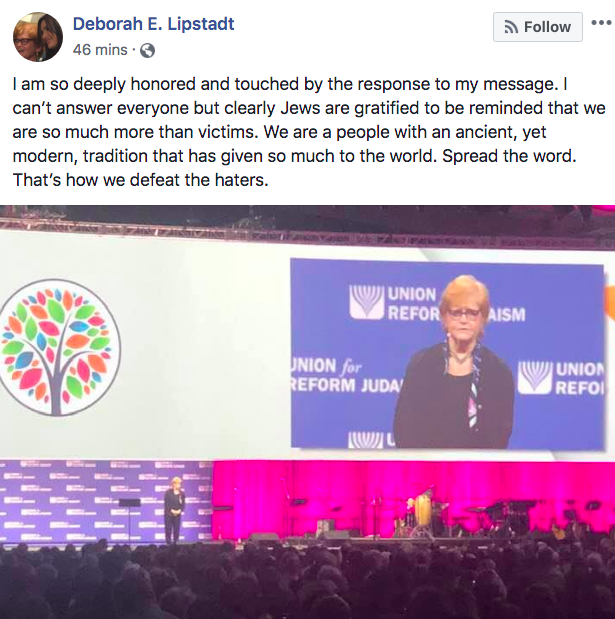Words of the Week
“In order to help make a positive impact on this world, and to foster compassion and gain a better understanding of antisemitism, we ask that our literary organizations include Jewish representation in our diversity conversations and programs. The goal is to show respectful, thoughtful, and non-stereotypical portrayals of Jewish people. We add our names to help unite our community to educate, support, and share resources that promote such understanding and counteract antisemitism.”
Source: “Book Community Statement Of Solidarity Against Antisemitism”
